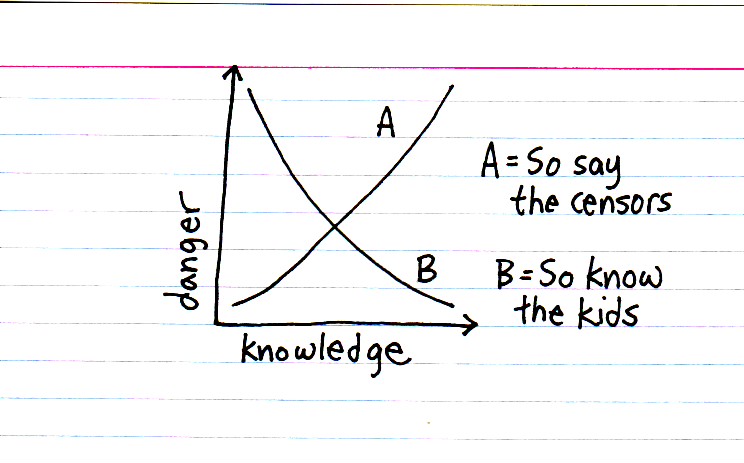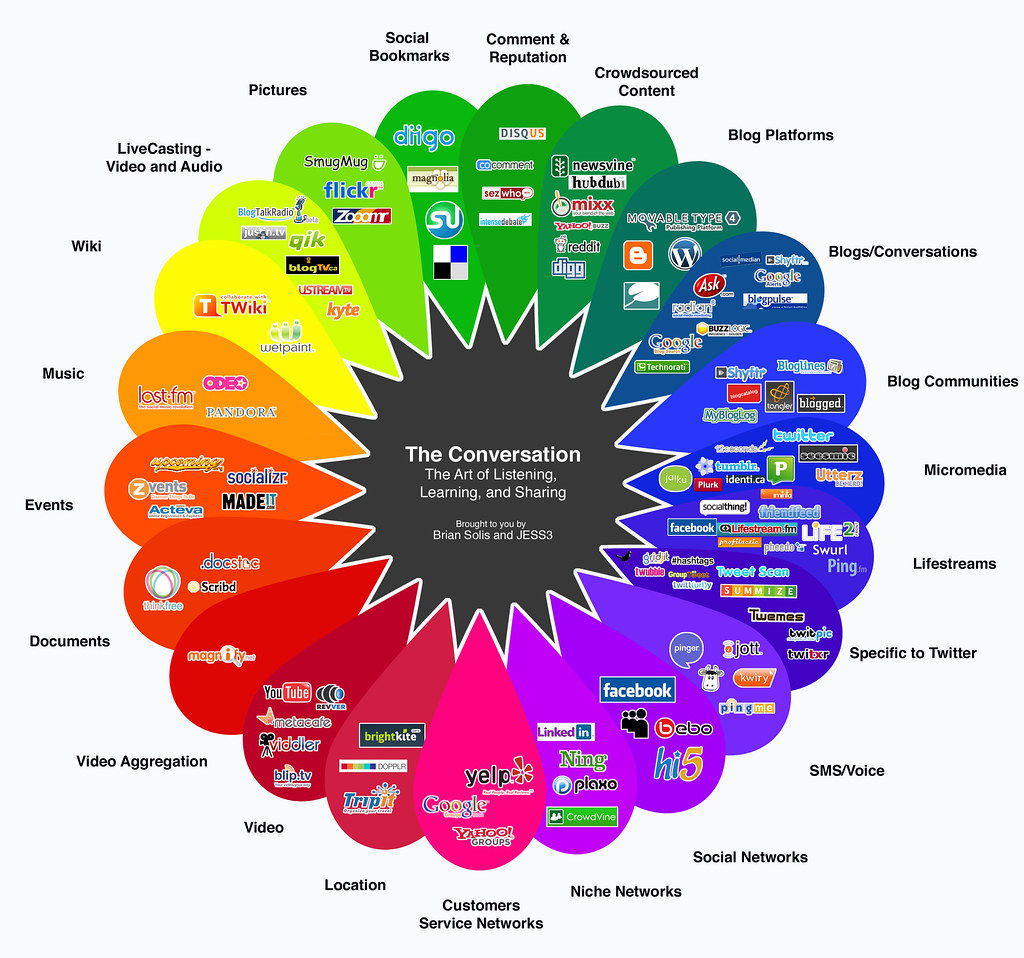Freelance Parishioners?
A synagogue in Alabama, faced with a dwindling jewish population, is paying families to relocate to their synagogue. Financed by a $1 million dollar gift, they are offering up to $50,000 to each family that moves to the synagogues area and pledges to be active in the synagogue. (hat tip: Marginal Revolution)
Worried about what the future might hold, congregation member Larry Blumberg put up money to begin a program to attract as many as 20 new Jewish families. The group, funded primarily by his family, took out ads in Jewish newspapers and got a boost when The Associated Press published a story about the program last fall.Read on for comparisons to Christian church growth strategies and musings on the future job description of "Freelance Parishioner."
About 400 families have since applied for the relocation project, and 60 of those were qualified after initial screening. Finalists go through a vetting process that includes written references — including one from their rabbi — home visits, checks for criminal and financial problems, and interviews.
I want to be clear that this is not a form of evangelism of "paying people to come to church." Judaism is not an evangelical religion on the same plane as Christianity, and the families moving are already established in the Jewish community. So this is more like re-distribution of synagogue members to help a struggling synagogue.
We may point and say "this is ludicrous!" but think about how many ways Christian churches re-distribute parishioners to form new faith communities.
- Seeding a new worship service: I remember when we were starting a new evening worship service at a UM church and they got pledges from morning worshippers to move to the new worship service and "seed" it for one year. We even did a "sending forth" service to them, as it felt like they were leaving our worship service to join another. After the year was up, some of them came back to the morning worship, but most stayed in the new viable worship service.
- New church plants: these operate on the same way as the above, but in a more permanent solution. a church decides to split off parish members to seed a new faith community.
- Megachurch Tentacles Multi-site plants: megachurches will create a new faith community in another town that is affiliated with the parent church. We discussed this phenomenon in the Wal-Mart Churches blog post.
It makes me wonder, given the fluidity of church membership and the breaking down of denominational ties, if there's an emerging market for freelance parishioners who will help churches of similar idealogical flair to seed new worship services and pledge their support for a year or two. While the jewish families are moving for the long haul, and new worship services are short-term plants until they get established, could churches eventually move to "hiring" seed members of new faith communities until they get on their feet? And is that wrong?
Thoughts? Read more...


























